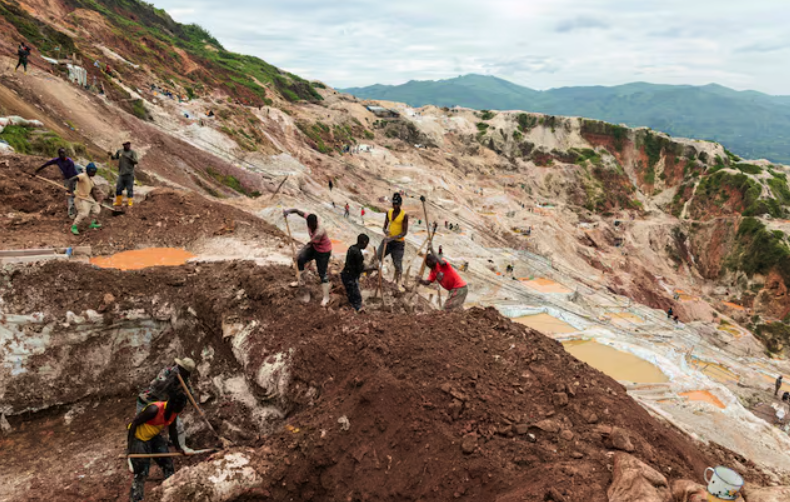Gambiaj.com – (BANJUL, The Gambia) –The National Assembly today debated a revelation from the recent report by the Select Committee on Gender, Children, and Social Welfare regarding the country’s only psychiatric facility, Tankatanka. The report highlighted severe gaps in patient care, with one social worker currently tasked with overseeing 85 patients, a ratio experts say is dangerously inadequate.
Honorable Suwabou, NAM for Wuli East, was the first to second the motion following the committee chair’s reading of the report. “One social worker, 85 patients,” he stressed, drawing attention to the impossibility of providing meaningful care under such conditions.
Following this, Honorable Almami Gibba, NAM for Foni Kansala, called for the immediate deployment of additional social workers to Tankatanka to alleviate the crisis and ensure patients receive the care and attention they deserve.
Honorable Alhagie Mbow, NAM for Upper Saloum, added that while Tankatanka remains the nation’s sole psychiatric hospital, it is critical that a collaborative approach be taken. He emphasized that other ministries,including health, education, and gender, must work together to address the systemic challenges faced by the facility.
The report underscores that the severe staff shortage contributes to poor outcomes for patients and affects the overall quality of mental health care in the country. Research indicates that adequate patient-to-social worker ratios are essential for effective psychiatric care, with ratios of 1:15 or lower considered standard in comparable facilities globally.
Tankatanka serves as the only specialized institution for patients with mental health conditions in The Gambia, yet chronic understaffing, lack of resources, and outdated equipment have long plagued the facility. The report also called for improvements in infrastructure, patient safety, and comprehensive care programs tailored to the needs of vulnerable patients.
Members of the Assembly stressed that immediate action is required, including deploying additional social workers, providing proper timelines for improvements, and creating mechanisms for monitoring and accountability. They also urged for a national database of vulnerable patients to ensure systematic tracking and care across the country.
The debate highlighted the urgent need for the government to prioritize mental health, a sector often overlooked despite its critical role in public health and human development. Lawmakers agreed that without concrete action, the well-being of the country’s most vulnerable citizens remains at risk.
The Assembly concluded by adopting the committee’s report, emphasizing that the Ministry of Gender, Children, and Social Welfare, alongside other relevant ministries, must urgently implement the recommendations to address the crisis at Tankatanka.










